So, does food have to be cooked from scratch to be good? There's a lot of talk about 'natural' and 'clean' ingredients, but do we need to be concerned when buying whole or semi-finished products? It's time for Health Day, and we'd like to reduce stress a little.
Table of contents
The dream of the natural, pure and genuine
When we, modern people, envision the perfect meal, we like to think of something homemade, preferably made with pure organic produce from the farmer around the corner. We want to know what's in the food we put into our bodies, and we want to give our children the very best.
The demand for locally produced and organic ingredients is important for development in many ways, and it is also nice if we can appreciate good ingredients and have time to prepare them together. I agree with all this, but at the same time I want to add some nuance, and perhaps remove some of the stress and pressure we can feel sometimes when we want everything to be right and perfect.
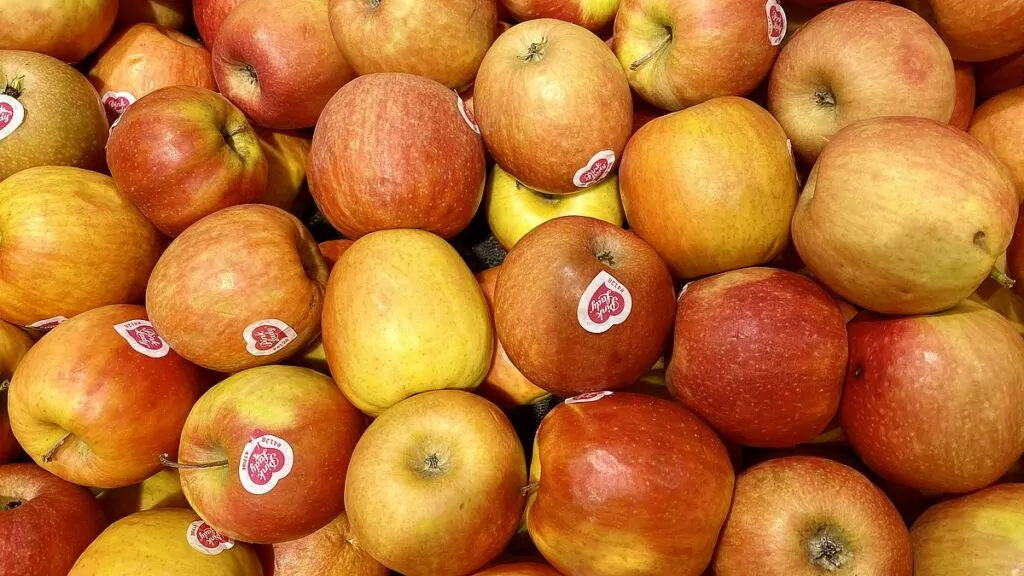
Is homemade food always better than whole and semi-finished products?
It may seem obvious to think that homemade food is always better than whole and semi-finished products, but the fact is that this is a question that is not easy to answer. completely impossible to answer. It depends on ...
- Which whole or semi-finished product we are talking about (there are better and worse alternatives).
- How and what you cook (there are also better and worse options)
But perhaps we can still discuss some advantages and disadvantages between the different options.

Benefits of home cooking
How nice it is to have a home-cooked meal! One thinks of shared meals, with plenty of time and love for the food and the family. You can probably think of many different benefits. Here are a few:
- Cooking can be a great way to spend time together as a family.
- You can pass on traditions and cooking skills to your children.
- You know what you're putting in your food, and you can choose good and nutritious ingredients.
- You can avoid adding too much of things that are not good for you (e.g. salt, which is sometimes too much in whole and semi-finished products).
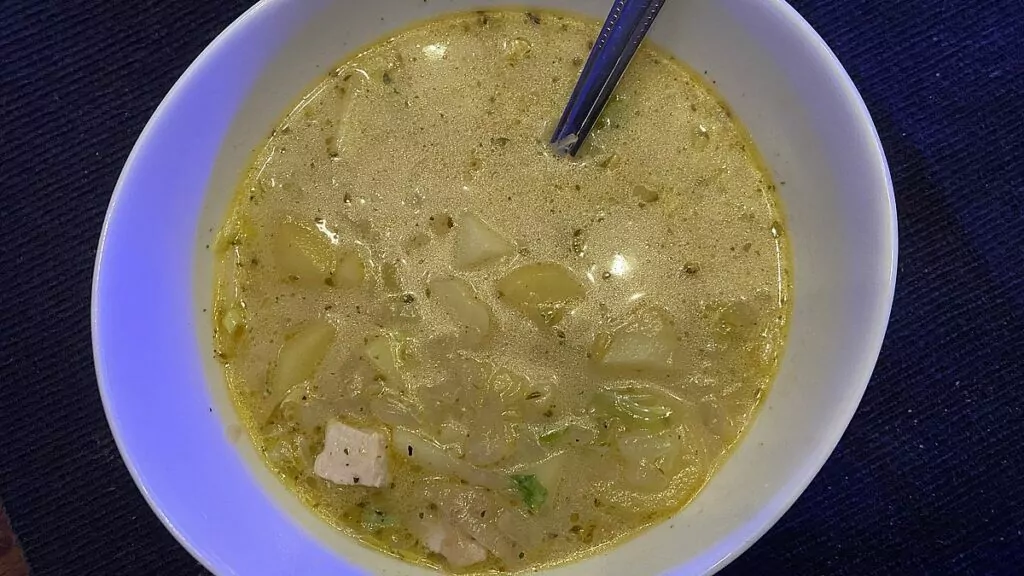
Advantages of whole and semi-finished products
Whole and semi-finished products do not sound as genuine and cosy, but I can still see that there can be some health benefits sometimes. Here are some examples:
- Families with children can get a chance to feel less stressed.
- People who are unable to prepare a meal from scratch (e.g. people with cognitive disabilities) may experience increased independence.
- You can make a decent meal in situations where you don't have the time or opportunity to stand at the stove.

But are whole and semi-finished products ok?
Whole and semi-finished products include lots of different types of food, such as soups, sausages, meatballs, breaded fish, ready-made sauces, pasta dishes, micro-dishes, etc. There is of course a lot of variety, and some dishes are better than others.
A relatively common problem is that this type of food contains too much salt. There can also sometimes be more saturated fat than is good for you. Menmany whole and semi-finished products also contain many important nutrients.
Choosing whole or semi-finished products is almost always better than, for example, choosing snacks or something similar. Health problems in society are not so much related to the consumption of whole or semi-finished products, but to completely different issues, such as the consumption of sugary drinks.
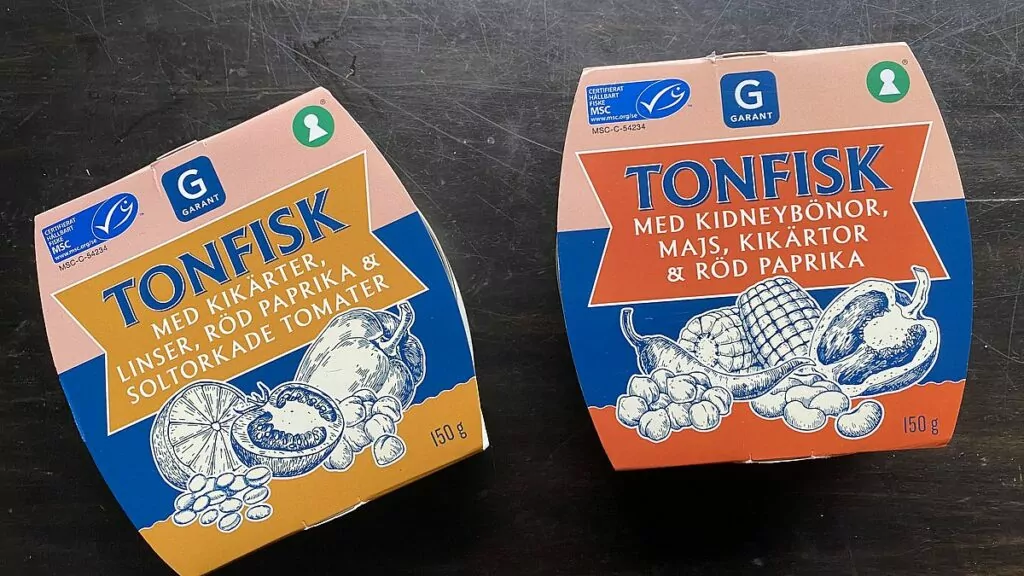
How do you know which 'ready-to-eat' food is better or worse?
All food products containing multiple ingredients must be provided with an ingredient list. The ingredients are listed in descending order by weight, meaning that the ingredient with the highest weight is at the top. The ingredient list is therefore a good guide!
Foods may contain various additives that affect shelf life, texture, taste or colour. All such additives are required by law to be described, and this is what you will often see as E numbers. The "E" stands for the fact that the substance is authorised by the EU (and therefore approved as harmless), and you can search for all substances in the National Food Agency's E-number search.
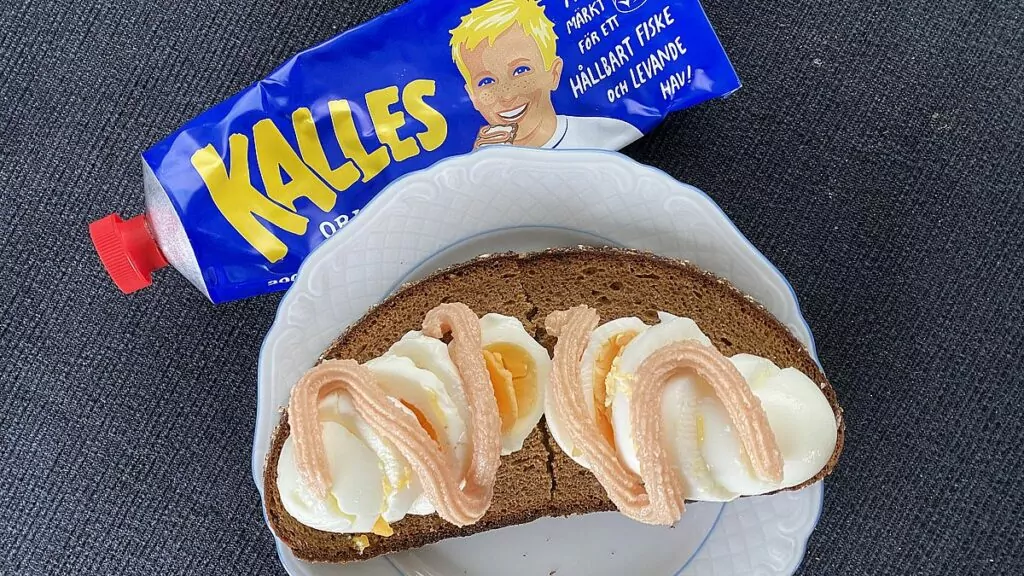
Summing up
The bottom line is that it is wonderful, good and wise to cook your own food from scratch. However, it is possible to supplement with whole and semi-finished products from time to time, and you don't have to feel guilty. We wish you a great Sunday and week! Want to read more about food and health? Read here:
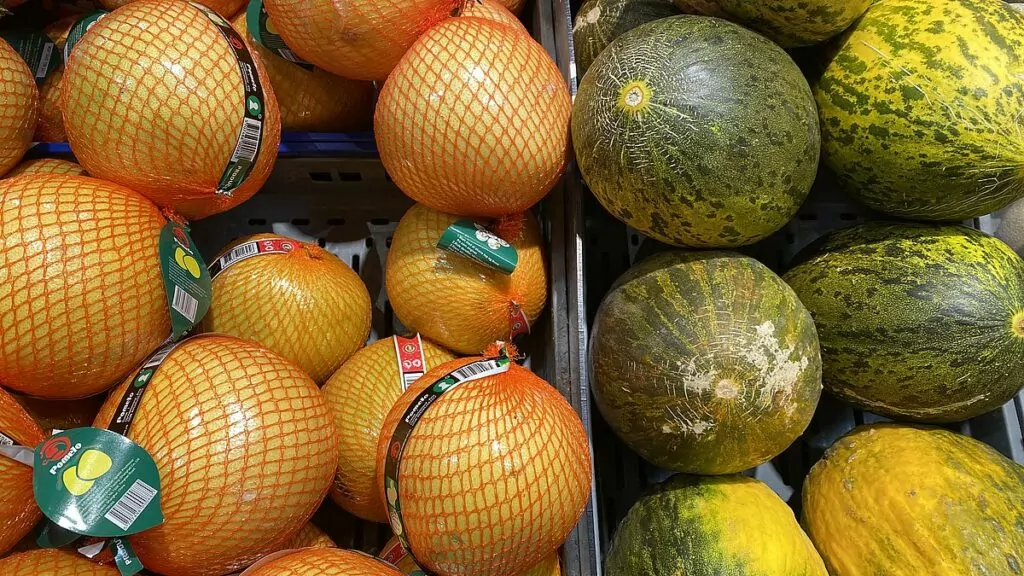


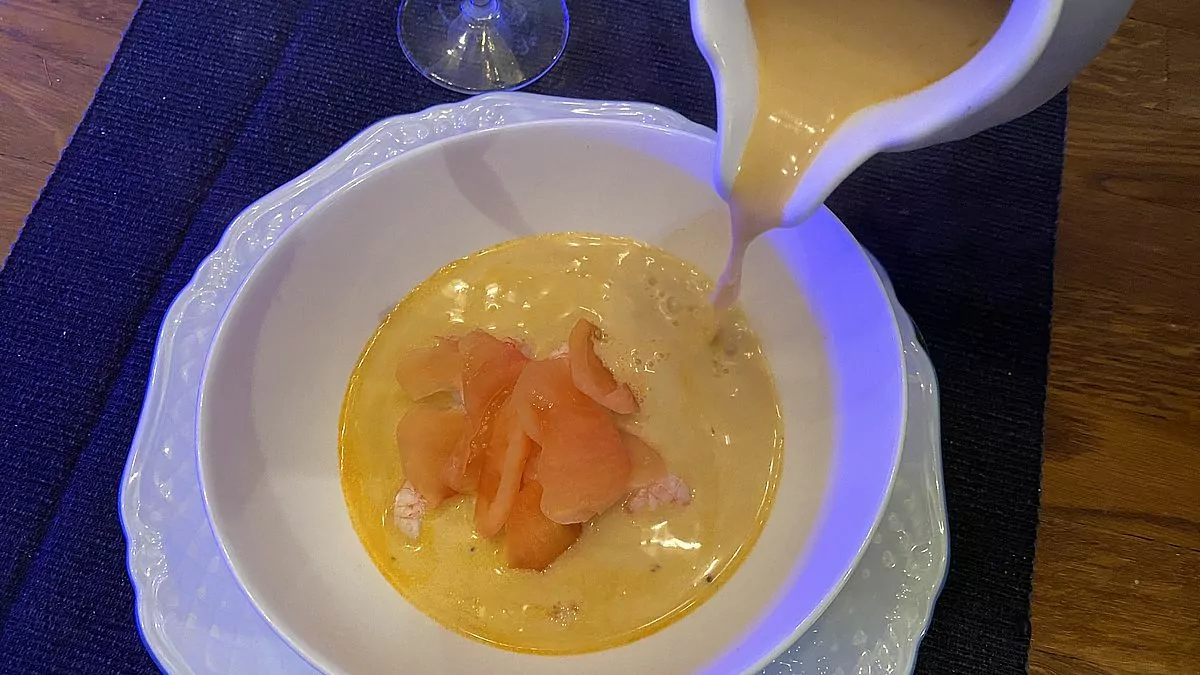









diana's dreams says:
Interesting post, homemade is the best, but sometimes semi-finished products taste just fine hugs
03 March 2021 - 6:49
Helena says:
Totally agree! Have fun Diana!
03 March 2021 - 12:47
Lena+in+Wales+and+Spain says:
Interesting topic again!
I think it's important not to just eat whole or semi-finished products, because then you don't really know what's in them. However, you can supplement this with home cooking, so you know what you're putting into your diet.
Buying a quiche, for example, looks good and maybe even tastes good. If you make one yourself, you see how much butter goes into the dough and realise how much fat you are putting in. Nothing wrong with doing it sometimes, but it's important to know what you're doing. Often it is not enough to read the label, you need to see it in real life.
Without knowing scientifically, I think Swedes consume a lot of salt compared to other countries. Many people complain when they come to Spain, for example, that the food doesn't taste very good, I've heard many people say they can't add a little salt here. The same reactions when they come to the UK. I have taken around 1000s of Swedish tourists around large parts of Europe and always the same, too little salt in the food. Can this be scientifically correct?
I understand that it can be stressful for families with young children to cook, but planning and cooking helps. When making meat sauce, make it for three dinners instead of one, not much more work while you're at it, freeze and have good ready-made, homemade food in the freezer. Make a big pot of soup and freeze it. I seem to notice that many young people don't do this today, am I wrong?
Have to stop writing now, but find the topic very interesting.
Take care!
03 March 2021 - 12:24
Helena says:
Interesting thoughts Lena! Yes, but absolutely, it is wise to cook yourself when you can! I also agree with you that it can be difficult to really get an idea of what the food contains when you buy ready-made. This can also apply to ready-made sauces, for example. They are often very high in calories, and you can choose to make them much better if you make them yourself.
Do we eat more salt in Sweden than in other countries? I actually have no idea about that? But it's interesting to think about or look into, perhaps. I know that on average we eat a little too much salt in Sweden, and there is often quite a lot of salt in whole and semi-finished products.
I also agree with you that planning and cooking is smart! I can imagine that it's done less today than in the past (but I don't have any figures on that, I'm just guessing). It is certainly not the intention to sound like you should eat lots of whole or semi-finished products, but sometimes I think the pressure in some discussions is a bit hard. There's a lot to get "right" and when it comes to food it's quite complex. You have to find a balance, of course. And also when to express it, and that is not easy either 😉 Thanks again for wise and interesting reflections!
03 March 2021 - 13:01
BP says:
Well, the idyll of the whole family cooking from scratch is soooo PC that I almost want to cry;-) Now neither you nor we have (small) children so we don't have to test how that cooking goes, how much time it takes, not to mention the cleaning afterwards;-)
Then again, not everyone loves to cook and/or is good at it. Whole or semi-finished products - well, if you think of Findus and Dafgårds or Gorby pizza, we don't eat it.
However, we very often buy ICA's home-cooked dishes that you buy over the counter or that are in food boxes in the refrigerated counter. I can highly recommend this. Picard is also an alternative. The French company never salt their dishes, but you can do it yourself if you wish.
03 March 2021 - 19:49
Helena says:
As you say, there are different types of whole and semi-finished products, and they can differ greatly in many ways, both in terms of flavour and nutrition. I mean dishes that are ready to put in the microwave/oven, but also ready-made soups, sauces, sausages, meatballs, breaded fish ... really everything that is not raw material. From Picard, we have tried the desserts, and can happily try more. Interesting that they don't salt, I didn't know that. We cook a lot from scratch, but we mix with ready-made sauces, sausages and other things. I liked Gorby pizza when I was 17, but have not eaten since then and do not miss it 😉.
03 March 2021 - 19:57
Lena - good for the soul says:
What a great and nuanced take on the benefits of stress and disability! Never thought of it that way before.
Hug Lena
08 March 2021 - 9:57